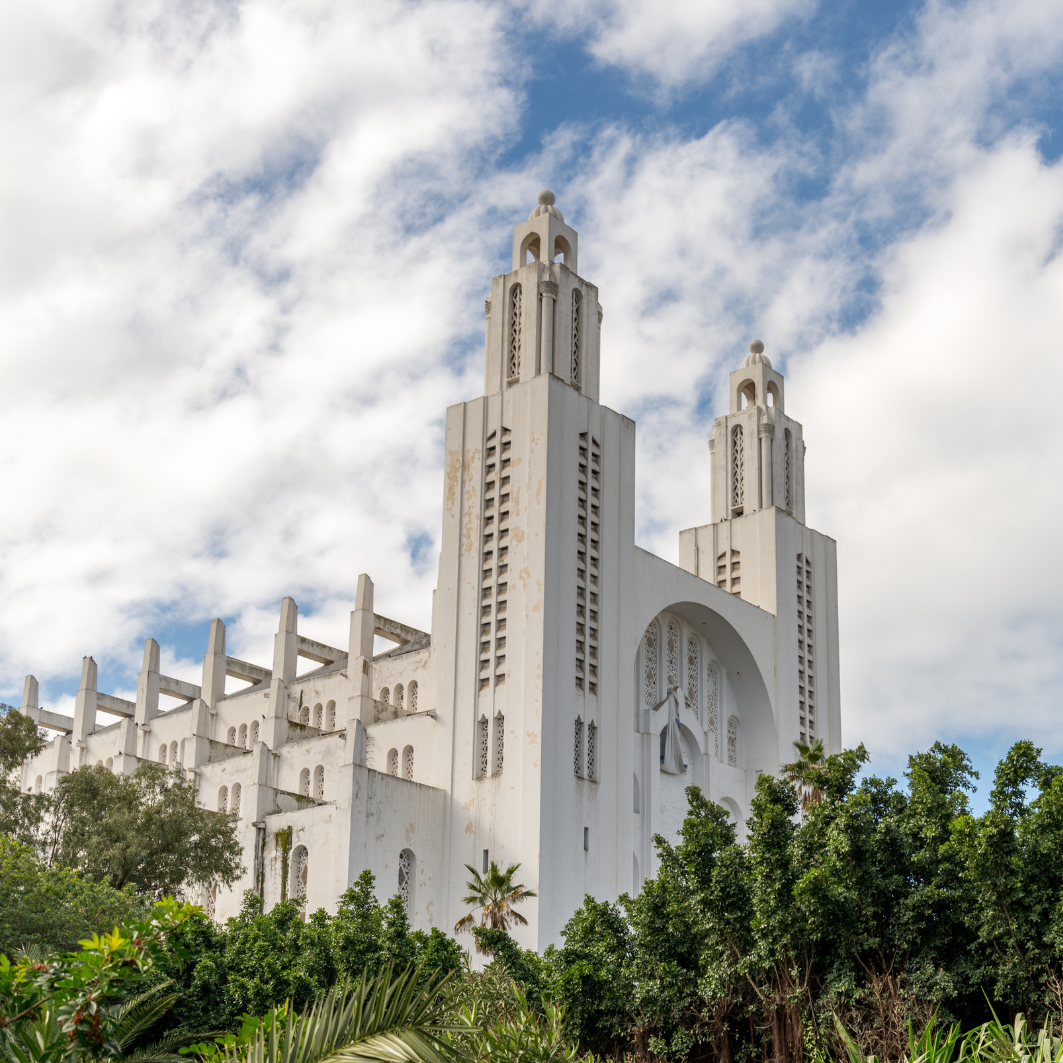Introduction of China Visa-Free Policy
The National Immigration Administration issued an announcement today, comprehensively relaxing and optimizing the transit visa-free policy from now on, extending the stay time of foreigners in China from the original 72 hours and 144 hours to 240 hours (10 days), adding 21 new ports as entry and exit ports for transit visa-free personnel, and further expanding the stay and activity areas. Eligible people from 54 countries including Russia, Brazil, the United Kingdom, the United States, and Canada, who transit through China to a third country (region), can enter China without a visa from any of the 60 open ports in 24 provinces (autonomous regions and municipalities), and stay in the specified area for no more than 240 hours.
The 21 newly added ports for the relaxation and optimization of the transit visa exemption policy include: Shanxi Taiyuan Wusu International Airport Port, Jiangsu Suonan Shuofang, Yangzhou Taizhou International Airport Port, Zhejiang Wenzhou Longwan, Yiwu International Airport Port, Anhui Hefei Xinqiao, Huangshan Tunxi International Airport Port, Fujian Fuzhou Changle, Quanzhou Jinjiang, Wuyishan International Airport Port, Jiangxi Nanchang Changbei International Airport Port, Shandong Jinan Yaoqiang, Yantai Penglai, Weihai Dashuibo International Airport Port, Hunan Zhangjiajie Hehua International Airport Port, Guangxi Nanning Wuxu, Beihai Fucheng International Airport Port, Hainan Haikou Meilan, Sanya Phoenix International Airport Port, Sichuan Chengdu Tianfu International Airport Port, Guizhou Guiyang Longdongbao International Airport Port. The number of ports open to the outside world has increased from the original 39 to 60.
The fully relaxed and optimized 240-hour transit visa exemption policy has further expanded the stay and activity area. The policy applies to 19 provinces (autonomous regions and municipalities) including Beijing, Tianjin, Hebei, Liaoning, Heilongjiang, Shanghai, Jiangsu, Zhejiang, Fujian, Shandong, Henan, Hubei, Hunan, Guangdong, Guangxi, Chongqing, Sichuan, Yunnan and Shaanxi, with the addition of 5 provinces (Shanxi, Anhui, Jiangxi, Hainan and Guizhou), totaling 24 provinces (autonomous regions and municipalities). Among the newly added 5 provinces, the stay and activity areas for transit visa-free personnel in Anhui, Hainan and Guizhou are the entire province, the stay and activity areas in Shanxi are Taiyuan and Datong, and the stay and activity areas in Jiangxi are Nanchang and Jingdezhen. The stay and activity areas in Fujian, Hubei and Shaanxi are expanded to the entire province, and the stay and activity areas in Guangxi Zhuang Autonomous Region are expanded to the administrative areas of 12 cities including Nanning, Liuzhou, Guilin, Wuzhou, Beihai, Fangchenggang, Qinzhou, Guigang, Yulin, Hezhou, Hechi and Laibin. Foreigners coming to China through the transit visa-free policy can travel across provinces within the permitted stay and activity areas in the above 24 provinces (autonomous regions and municipalities).
The relevant person in charge of the National Immigration Administration introduced that the relaxation and optimization of the transit visa exemption policy is an important measure for the National Immigration Administration to earnestly study and implement the spirit of the Central Economic Work Conference, actively and positively serve to promote high-level opening up, and facilitate exchanges between Chinese and foreign personnel. It is conducive to accelerating the cross-border flow of personnel, promoting foreign exchanges and cooperation, and injecting new impetus into the high-quality development of the economy and society. In the next step, the National Immigration Administration will continue to deepen the institutional opening of immigration management, continuously optimize and improve immigration entry and exit facilitation policies, and continuously improve the convenience of foreigners studying, working, and living in China. We welcome more foreign friends to come to China and experience the beauty of China in the new era.
Source: China National Immigration Administration
If you want to know more about China, please refer to our blog: China travel guides.
Want to learn more about travel routes in China? Click the links below to explore our tours to Sanya and start your journey in China!
Seven Star Bay: 5-Day Exclusive Haitang Bay Getaway in Sanya
Sanya Extravaganza: 5 Days of Feasting on the Sea and the Sky Your Destination: Sanya, Hainan
Want to customize your China travel itinerary? Feel free to contact us for personalized tour experiences:
Email: [email protected]
WhatsApp: +212713053383
WeChat: MLG0714624860













